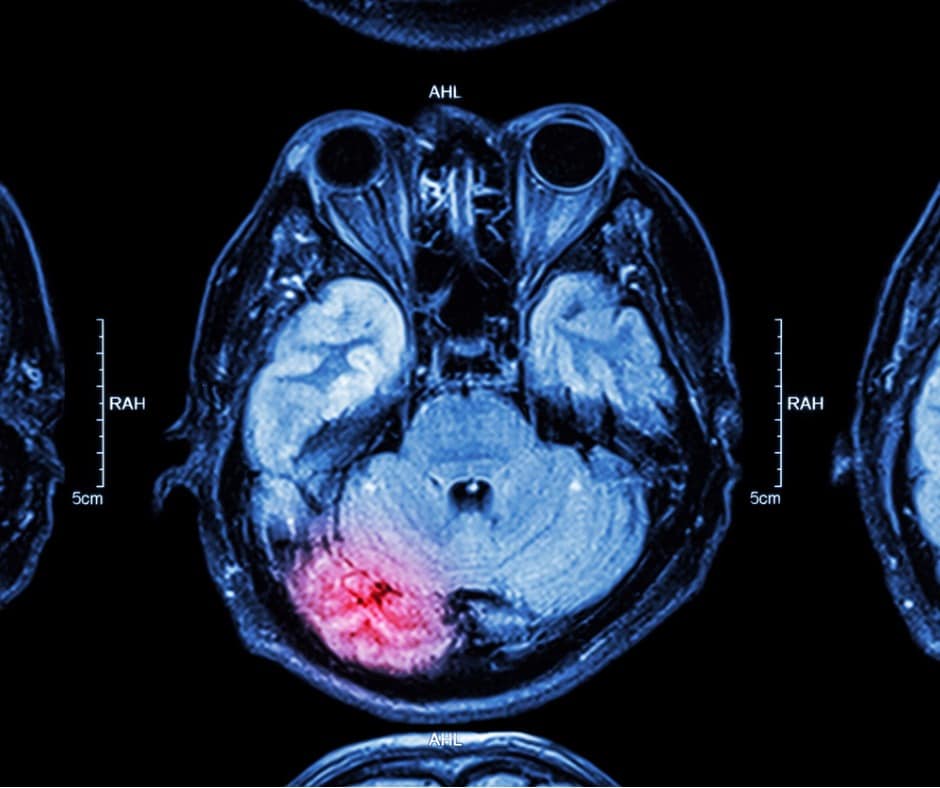Aug 12, 2022

Cerebral Infarction Definition
Causes and Coding for Cerebral Infarction
Hemorrhagic
A hemorrhagic conversion or transformation often complicates a cerebral infarction/ischemic stroke. This is due to many different causes one of which is tPA administration for treatment of the cerebral infarction/ischemic stroke. Codes from Categories I60-, I61-, and I62- would be reported for the intracerebral, intracranial, or subarachnoid hemorrhage identified. Again, it is pertinent to review the medical record documentation to ensure that the most specific site of hemorrhage is coded.
Both the cerebral infarction (be sure and look for specificity in the diagnosis) and the cerebral hemorrhage should be reported when present. There are no Excludes1 notes when reporting codes for both these conditions. There are also many AHA Coding Clinics that advise both codes should be reported.
Authored by Kim Boy, RHIT, CDIP, CCS, CCS-P
References:
AHA Coding Clinic, Second Quarter 2017, Page: 9-10
AHA Coding Clinic, Third Quarter 2010, Page 5-6
AHA Coding Clinic, Third Quarter 2007, Page 4
wikipedia.org/wiki/Cerebral_infarction
ncbi.nlm.nih.gov/pmc/articles/PMC3677128/
HIA’s comprehensive auditing approach includes acute coding audits and Clinical Documentation Integrity (CDI) audits.
The information contained in this coding advice is valid at the time of posting. Viewers are encouraged to research subsequent official guidance in the areas associated with the topic as they can change rapidly.
Subscribe to our Newsletter
Recent Blogs
Related blogs from Industry News , Medical Coding Tips
CMS Hospital Compare is a public reporting pl...
Premier benchmarking is widely used by hospit...
PEPPER reports help U.S. hospitals identify o...
CMS has released the updates to the ICD-10-PC...
Subscribe
to our Newsletter
Weekly medical coding tips and coding education delivered directly to your inbox.




